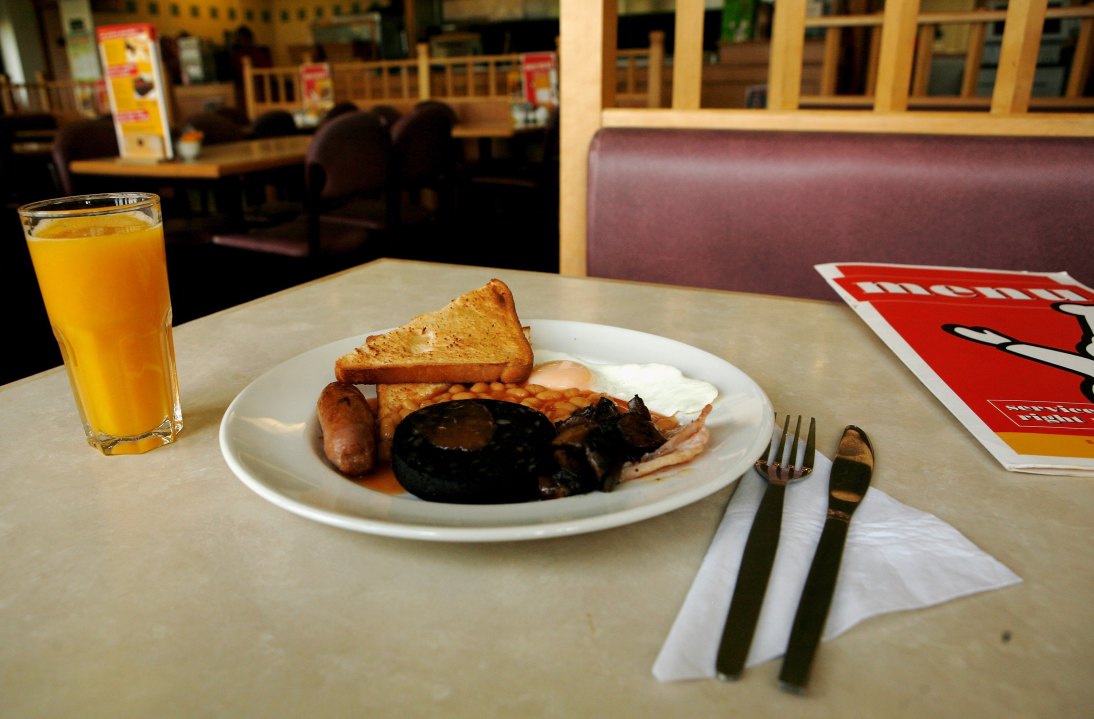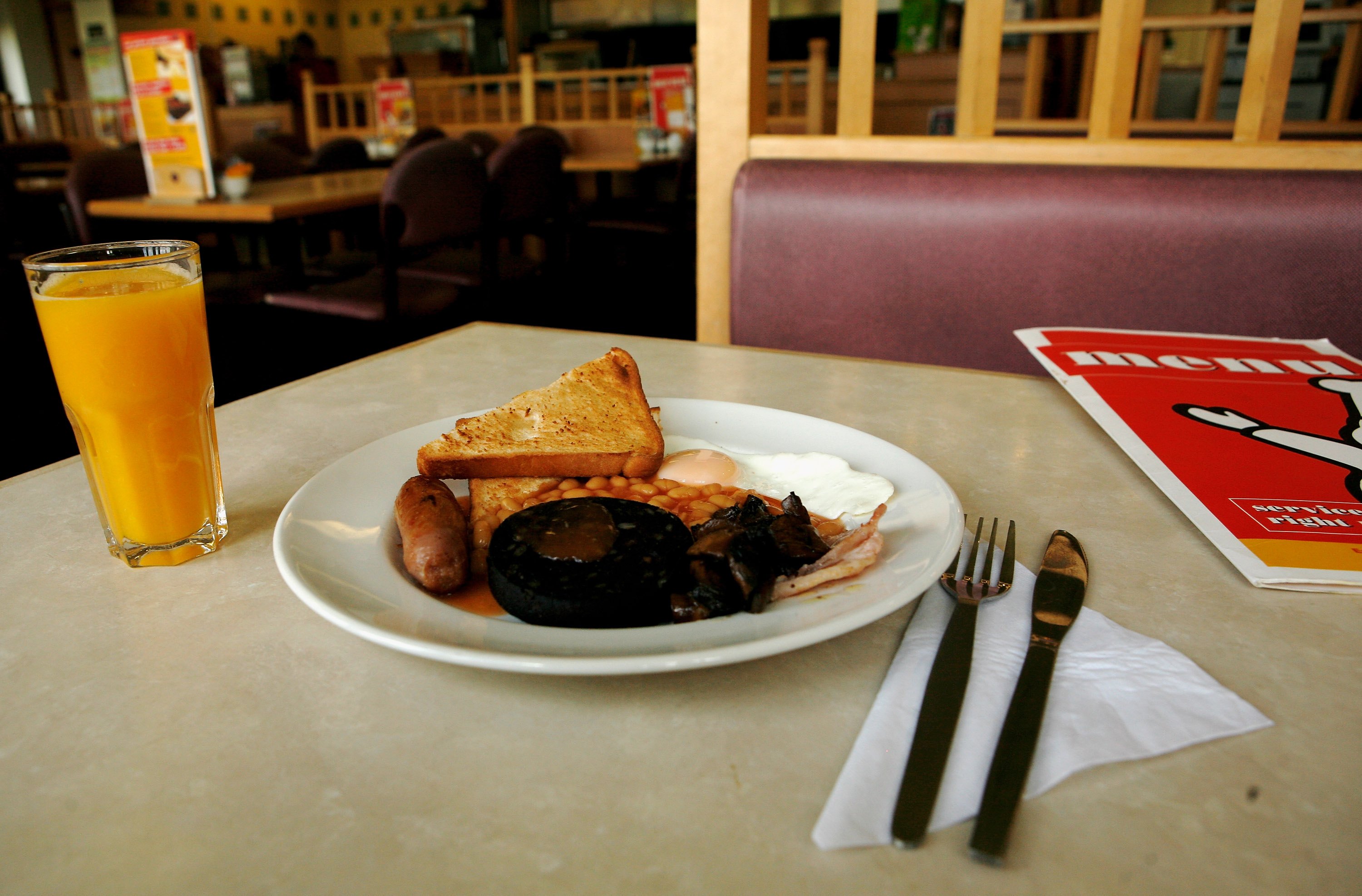‘You are a company that says you “do no evil”,’ Margaret Hodge told Google’s Matt Brittin a fortnight ago, ‘I think that you do do evil.’ It was a soundbite of the kind we’ve come to expect from grandstanding select committee chairmen. Since then — I won’t labour the point — we’ve seen an example in Woolwich of what evil really looks like. But Mrs Hodge’s no doubt scripted jibe was enough to set off an argument that has been rumbling incoherently around Westminster ever since.
Was it, as she also accused, ‘devious, calculated and… unethical’ of Google to book in low-tax Ireland the advertising deals sold to UK clients by UK-based sales reps? Or was the company just exercising what chairman Eric Schmidt calls its ‘fiduciary duty’ to minimise tax liabilities within the law for the benefit of shareholders?
Schmidt went on, disingenuously, to describe himself as ‘perplexed’ at the row and to claim that Google willingly pays its tax bills wherever they fall — but ducked the issue of the moral legitimacy of booking business offshore. He should have stuck to the ‘duty’ point. Even Winston Churchill, as chancellor in the 1920s, said every citizen had a right ‘so to arrange his affairs as not to attract taxes enforced by the Crown so far as he can legitimately do so’. And arguably a company is not even a citizen (since it does not vote) but merely an arrangement on behalf of the individual citizens who are its ultimate owners, who should pay tax on profits distributed to them as they would on any other income.
But companies themselves — so my former colleague Allister Heath cogently argues — should not be seen by governments as natural tax targets. Politicians treat them that way in order to curry favour with voters. But governments also use tax rates as a weapon of competitive advantage against other countries. And the inevitable result is too much tax complexity, a culture of corporate tax avoidance, and a political muddle. Which is where we are now. In the Blair-Brown era, HMRC officials tried to address this conundrum by cosying up to big companies, appointing ‘customer relationship managers’ to look after them, and doing ‘sweetheart’ deals with the likes of Goldman Sachs and Vodafone. The prime author of that approach, former HMRC head Dave Hartnett, has just bagged a job with Deloitte, an accountancy firm known for its sophisticated tax-structuring skills. But the mood has changed, and new clarity is needed as to how to maximise the economic advantage to Britain of having multinational corporations making money here.
Two principles stand out. First, it’s far more important to have skilled jobs, capital investment, well-funded research and a flow of supply-chain orders on British soil than it is to maximise the short-term tax-take from a foreign-owned business. Second, there has to be a level playing field. That means, for example, Amazon should not be able to undercut domestic booksellers by using the tax advantage of booking in Luxembourg a sale to a UK customer that is fulfilled from a UK warehouse. Both points argue strongly for lower, simpler corporate taxes — but also for an awareness among corporate leaders that although their duty is largely fiduciary, it’s also partly social.
Sugar rush
It was November 1999 when the FTSE 100 index first broke through the 6700 level, where it began this week, on its way to its Millennium Eve all-time high. In the intervening 13 and a half years, UK prices and earnings have risen by about half and inflation-adjusted GDP growth has been around 17 per cent — but the stock market’s performance has been relentlessly dismal. Until recently, most blue-chip stocks were severely undervalued on conventional price-earnings measures. At today’s level, they look a bit more normal. Consider where the FTSE might be relative to 1999 if it was a simpler kind of indicator of value and growth in its constituent companies — quite a lot higher, I suggest. If I’m right, then the recent bull run, though it has startled City forecasters who clustered around 6400 for year-end 2013, does not look quite so extreme.
Overexuberant, perhaps, as investors rediscover the fascination of equities and swing out of bonds and gold, but not wildly irrational. Among those who make a living out of being gloomier than me, it’s fashionable to attribute the equity ‘sugar rush’ entirely to the impact of quantitative easing and low interest rates, and to suggest that it must end in tears. Of course those technical factors count, and we may see sharper setbacks than the Japanese-led one last week, but as ever I’m on the side of optimism: share investors think they can see a better future at last, and I hope they’re right.
Manly fry-ups
Little Chef offers no joy for gastronomes, but it does gives cultural commentators an opportunity to wax nostalgic whenever it lurches into financial crisis. I wrote an essay about it myself back in 2007, when the outmoded roadside chain fell into administration and was sold at a knockdown price to an outfit called RCapital. Despite gimmicks such as bringing in Heston Blumenthal to revamp the menu, these ‘turnaround specialists’ have failed to turn the business around and are now seeking to sell its 83 remaining sites. The buyer will probably be McDonald’s or a coffee chain, in which case the Little Chef identity will expire unmourned.
You may think it a demonstration of the resilience of brands and the inertia of consumers that such a charmless offering should have lasted so long — more than half a century. Or you may see its demise as a belated victory for diet awareness over the horror that is the Little Chef Olympic Breakfast with optional black pudding. But I think RCapital should have taken my advice in 2007, which was to position Little Chef as the Jeremy-Clarkson-meets-Ryanair of fast food, celebrating the cheap, manly fry-ups Britain still secretly craves. As so often, I was a voice in the wilderness.








Comments